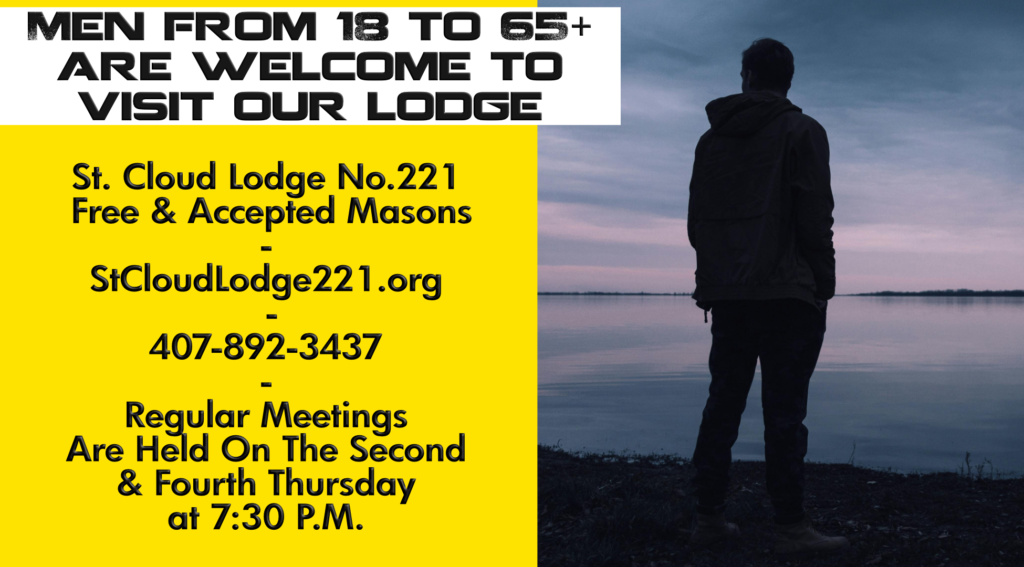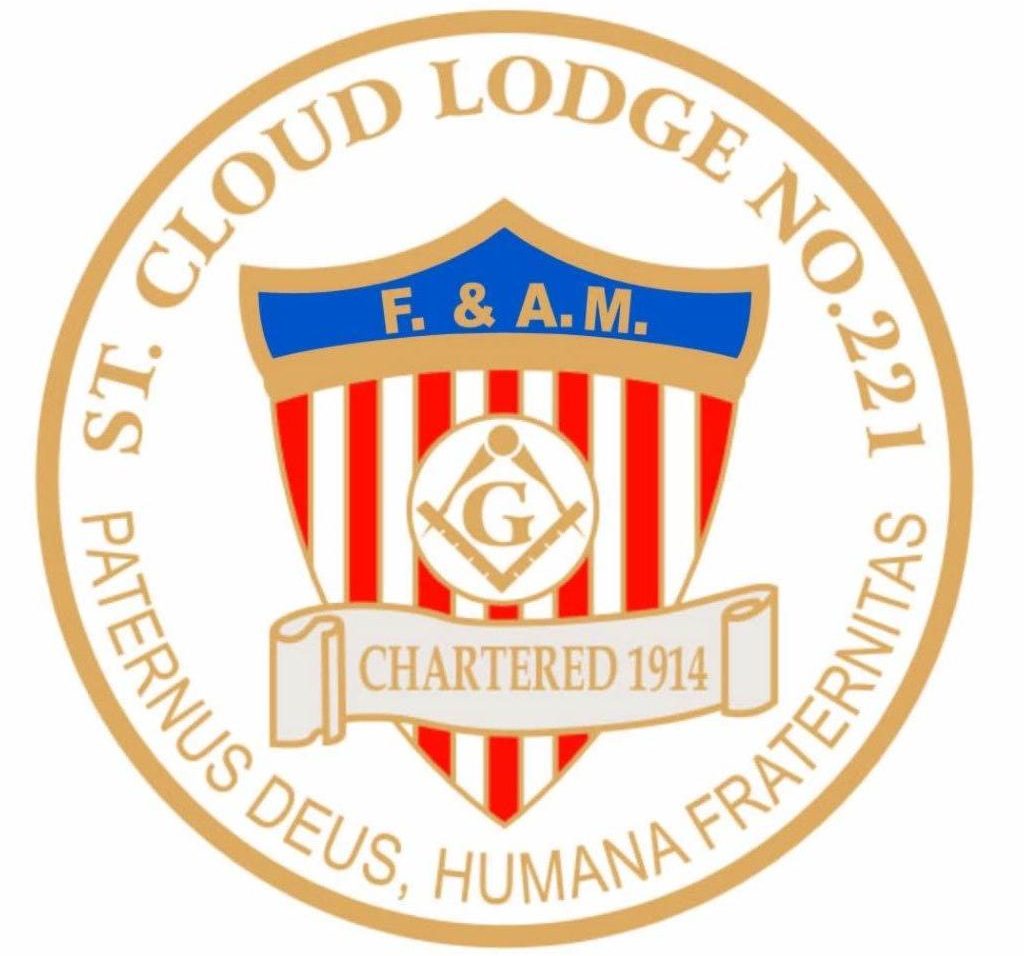What is a Freemason (also known as a Mason)?
That’s not a surprising question. Even though Masons (Freemasons) are members of the largest and oldest fraternity in the world, and even though almost everyone has a father or grandfather or uncle who was a Mason, many people aren’t quite certain just who Masons are. The answer is simple. A Mason (or Freemason) is a member of a fraternity known as Masonry (or Freemasonry). A fraternity is a group of men (just as a sorority is a group of women) who join together because:
- There are things they want to do in the world.
- There are things they want to do “inside their own minds.”
- They enjoy being together with men they like and respect.
What goes on in a Lodge?
The Lodge is the center of daily, weekly, and monthly activities. Freemasonry does things in our community that come from the Masonic lessons. In the lodge, we encourage each brother that he has a responsibility to make things better in the world.
Most of our individual brothers won’t be the ones to find a cure for cancer, or eliminate poverty, or help create world peace, but every one of us can do something to help others and to make things a little better.
Masonry is deeply involved with helping people — it spends more than $1.4 million dollars every day in the United States, just to make life a little easier. And the great majority of that help goes to people who are not Masons. Some of these charities are vast projects, like the Crippled Children’s Hospitals and Burns Institutes built by the Shriners.
Also, Scottish Rite Masons maintain a nationwide network of over 100 Childhood Language Disorders Clinics, Centers, and Programs. Each helps children afflicted by such conditions as aphasia, dyslexia, stuttering, and related learning or speech disorders.
Some services are less noticeable, like helping a widow pay her electric bill or buying coats and shoes for disadvantaged children. And there’s just about anything you can think of in-between. But with projects large or small, the Masons of a lodge try to help make the world a better place. The lodge gives them a way to combine with others to do even more good.

Freemasonry does things “inside” the heart and mind of an individual Mason
“Grow or die” is a great law of all nature. Most people feel a need for continued growth as individuals. They feel they are not as honest or as charitable or as compassionate or as loving or as trusting or as well-informed as they ought to be.
Freemasonry reminds its members over and over again of the importance of these qualities and education. It lets men associate with other men of honor and integrity who believe that things like honesty, compassion, love, trust, and knowledge are important.
In some ways, Freemasonry is a support group for men who are trying to make the right decisions. It’s easier to practice these virtues when you know that those around you think they are important, too, and won’t laugh at you. That’s a major reason that Masons enjoy being together.
Masons enjoy each others company
It’s good to spend time with people you can trust completely, and most Masons find that in their lodge. While much of lodge activity is spent in works of charity or in lessons in self-development, much is also spent in fellowship. Lodges have picnics, camping trips, and many events for the whole family. Simply put, a lodge is a place to spend time with friends.

For members only, two basic kinds of meetings take place in a lodge. The most common is a simple business meeting. To open and close the meeting, there is a ceremony whose purpose is to remind us of the virtues by which we are supposed to live.
Then there is a reading of the minutes; voting on petitions (applications of men who want to join the fraternity); planning for charitable functions, family events, and other lodge activities; and sharing information about members (called “Brothers,” as in most fraternities) who are ill or have some sort of need. The other kind of meeting is one in which people join the fraternity — one at which the “degrees” are performed.
But every lodge serves more than its own members. Frequently, there are meetings open to the public. Examples are Ladies’ Nights, “Brother Bring a Friend Nights,” public installations of officers, cornerstone laying ceremonies, Widows Dinner, and other special meetings supporting community events and dealing with topics of local interest.
We are the St Cloud Lodge No. 221 Free and Accepted Masons, based in St. Cloud, Osceola County, Florida. We operate under the jurisdiction of The Most Worshipful Grand Lodge of Free & Accepted Masons of Florida.
It is the mission of the St. Cloud Lodge No. 221 F. & A. M., to improve its members and enhance the communities in which they live by teaching and emulating the principles of our fraternity, while actively embracing high social, moral, and spiritual values including fellowship, compassion, and dedication to God, family, and country.
Saint Cloud Masonic Lodge meets every second and fourth Thursday. Dinner is at 6:30 p.m., and our meeting begins promptly at 7:30 p.m. If you have any questions, call us at (407) 892-3437! Remember to like and follow us on Facebook today.
